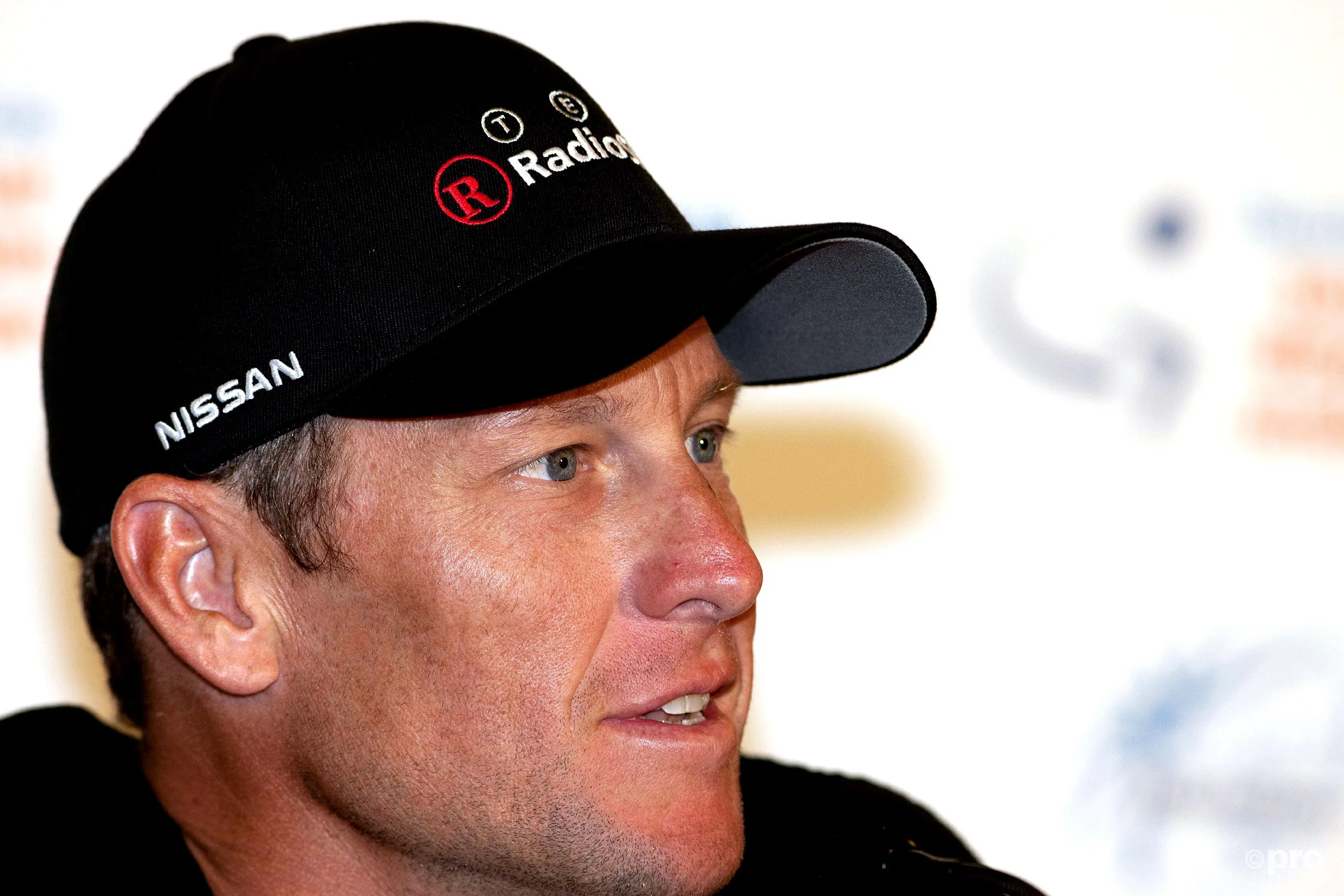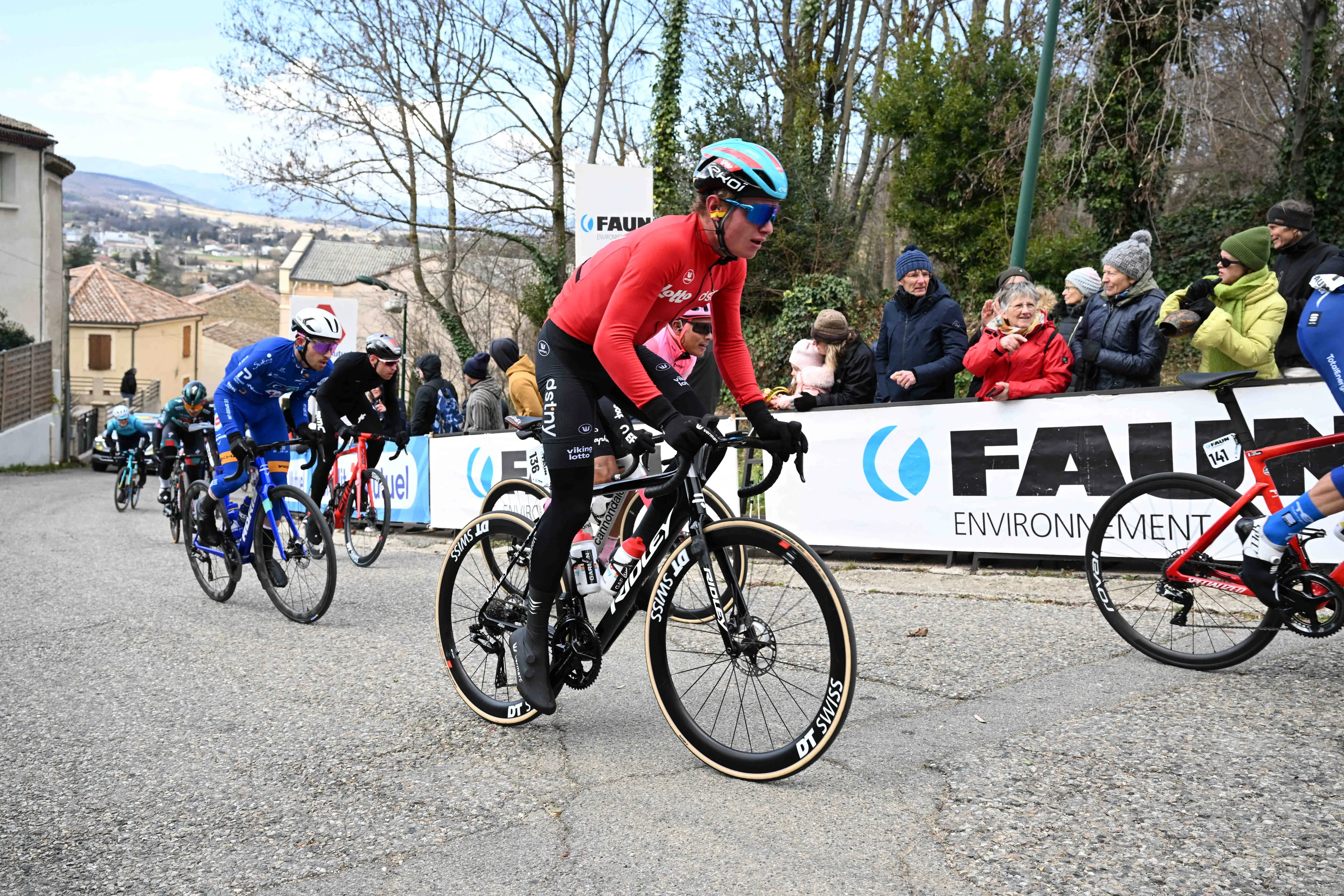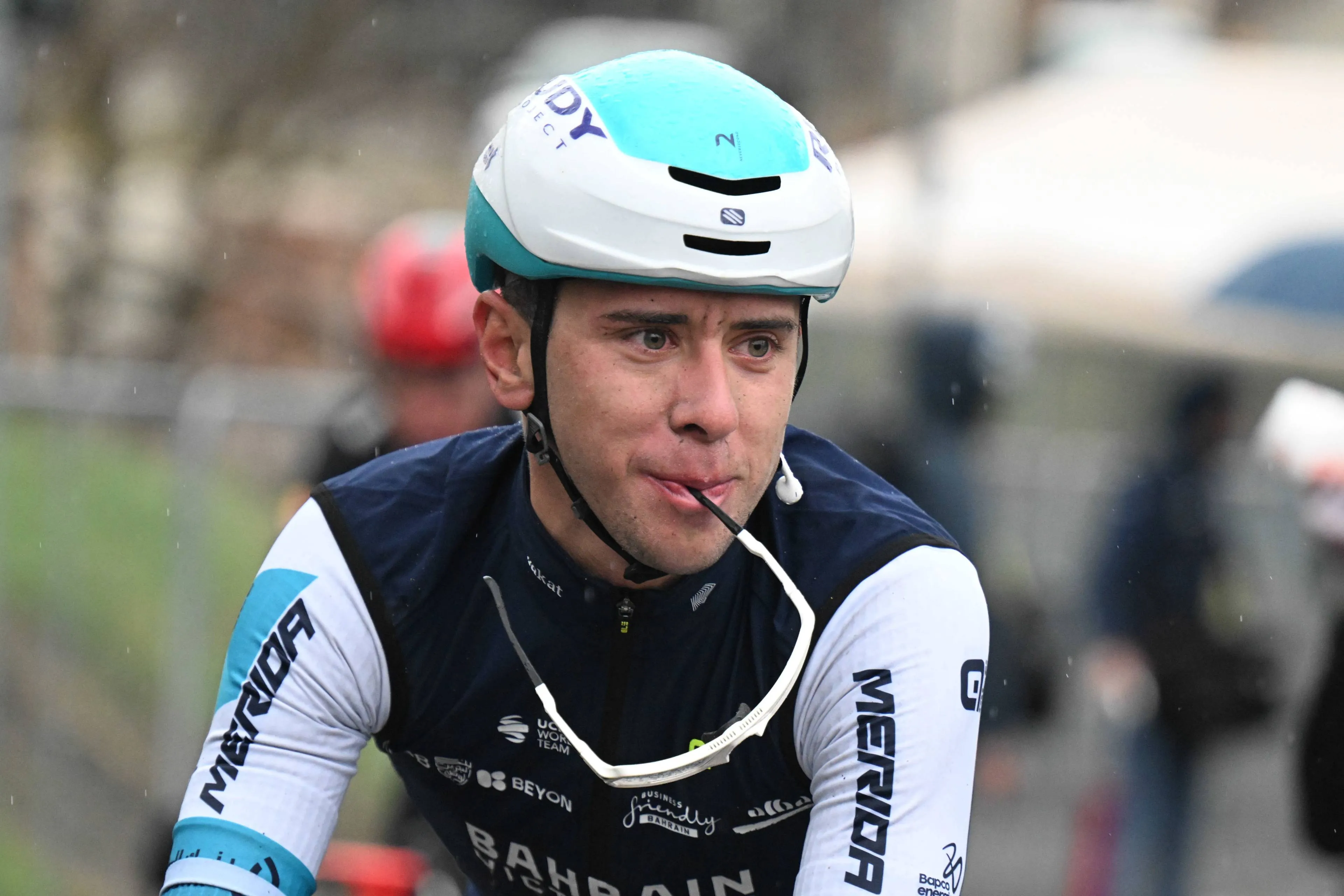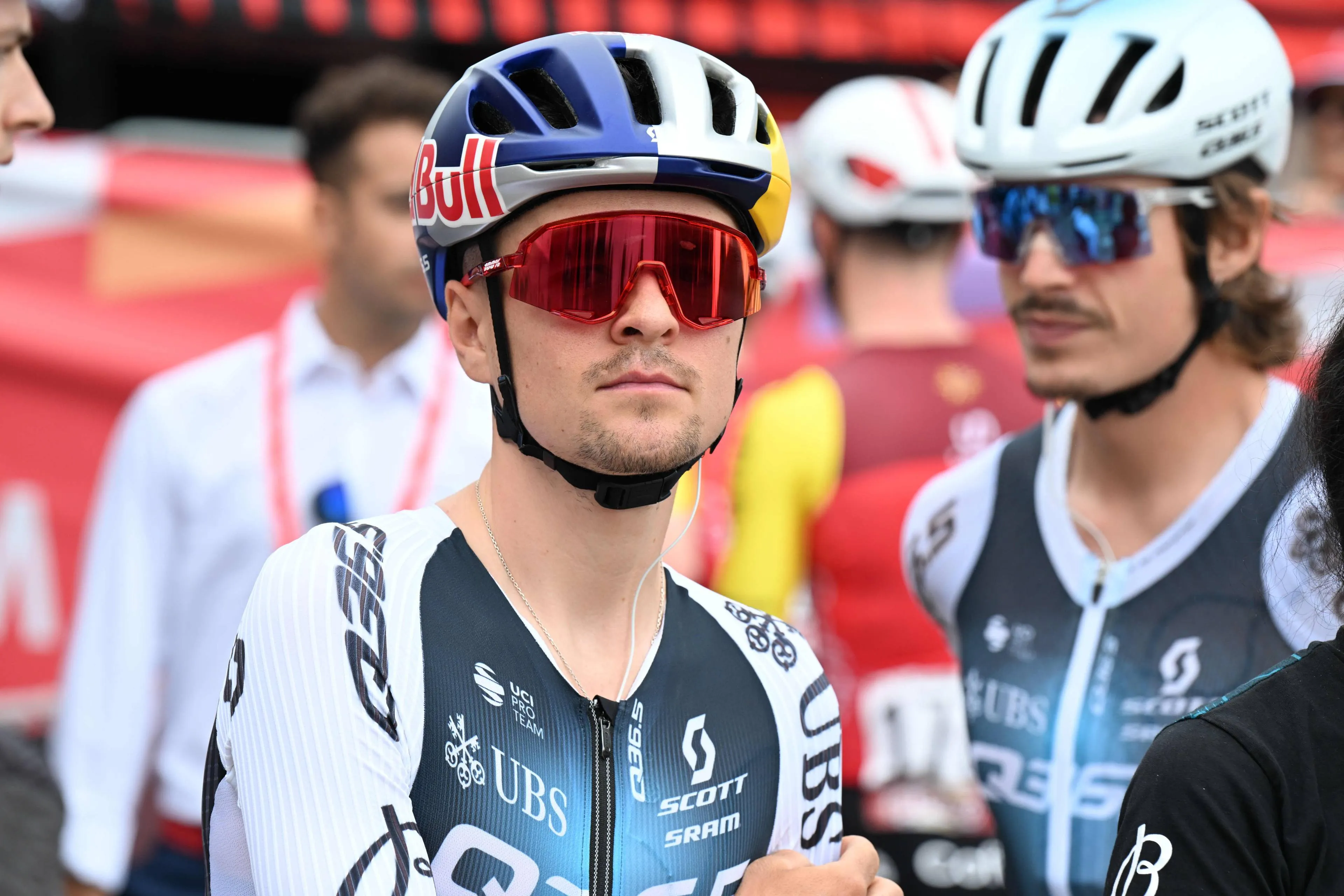"The guy who took down Lance Armstrong" - How the 'Golden Snitch' Jeff Novitzky's crusade led him to becoming a key anti-doping figure at the UFC
CyclingWednesday, 26 April 2023 at 17:36

Jeff Novitzky may not be a name known to the regular cycling fan, but the man who UFC President Dana White introduces to people as "the guy who took down Lance Armstrong", has had an immeasurable impact on the sport we know and love.
Before Novitzky was the Senior Vice President of Athlete Health and Performance for the UFC, he was a federal agent, leading the criminal investigation into Lance Armstrong and his, at the time suspected, use of performance-enhancing drugs in professional cycling.
Read also
When Armstrong made his bombshell revelation on the Oprah Winfrey Show that he had indeed been doping whilst conquering the cycling world, Novitsky's criminal investigation into the star was quietly shut down. "While that was disappointing, ultimately I think the same end game was met and that was, not just the exposure of Armstrong and US Postal Cycling Team, but all of professional cycling and what was really going on there," Novitzky tells BBC Sport. "You look at him and while you may say he didn't have to pay for it after the criminal investigation was shut down, I don't think that's accurate."
Armstrong was of course stripped of all his titles and overnight went from one of the sports' biggest heroes to it's biggest villain. "He was stripped of all his titles, he still today is considered one of the biggest falls from grace in professional sports, and he will forever have to live with that legacy," Novitzky explains.
Read also
Despite his hard work in the federal investigation not ending in the conviction he would have wished for, Novitzky had impressed people and soon after joined the UFC to aid them in their anti-doping quest where he has since gained the nickname 'the Golden Snitch'.
"I kind of embraced it and I think a lot of people appreciate when you have a little bit of a sense of humour," Novitzky says of the nickname. "You know, snitch isn't necessarily the best nickname to have, but at least it's a golden one."
Read also
"When you catch someone intentionally cheating, that's the purpose of this programme, but I don't get much joy out of it," Novitzky continues. "When I see these positive tests come in I reflect inwards, saying 'what did I not do right to convince this athlete that if they were going to go down this road, they were going to get caught'? So, I'm never clapping or jumping for joy, I think the disappointment side far outweighs the satisfaction side of this."
Read also
claps 1visitors 1
Just in
Popular news
Latest comments
- You need to get out moreJezla18-02-2026
- Ego and self regard are at the center of most human folly.TheOlderIGetTheFasterIWas18-02-2026
- You can't win 'em all. These early season races at this level are good because it shows where you are weak and need work.awp18-02-2026
- This is what I wrote 12-02-2026 10:00: "As far as I'm convinced, Remco still has "zero" wins. I invite Remco to stop in Siena to meet his Slovenian master, Pogi the G.O.A.T... but no, it's better to run away and hide. His fans will somehow defend and glorify him. Let me repeat, he still has zero wins in 2026. If someone doesn't have a high enough IQ to understand what I'm talking about, it's because they don't recognize the low ranking F category races. If Remco will beat Del Toro and Adam Yates in the UAE Tour, then I will consider this to be his first win in 2026. Ad acta." PS: Remco still has zero wins. His second and third class races don't count. The first real race comes along and Mustafa Remco fails.Mou-Cro-HR18-02-2026
- This is what I wrote 12-02-2026 10:00: "As far as I'm convinced, Remco still has "zero" wins. I invite Remco to stop in Siena to meet his Slovenian master, Pogi the G.O.A.T... but no, it's better to run away and hide. His fans will somehow defend and glorify him. Let me repeat, he still has zero wins in 2026. If someone doesn't have a high enough IQ to understand what I'm talking about, it's because they don't recognize the low ranking F category races. If Remco will beat Del Toro and Adam Yates in the UAE Tour, then I will consider this to be his first win in 2026. Ad acta." PS: Remco still has zero wins. His second and third class races don't count. The first real race comes along and Mustafa fails.Mou-Cro-HR18-02-2026
- OK, let's stop with the BS. Remco Mustafa didn't have any cramps, 100%. The only truth is, Remco is not the great cyclist that the Belgians and his fans want us to think. Ad acta!!!... Once in the fall of 2025 I said that Remco's chances of following Pogi are equal to my chances, there is no difference. The only difference is that I'm in front of a TV and Mustafa is acting and making excuses live in front of an audience of millions. Ayuso and Remco are the biggest liars in the peleton.Mou-Cro-HR18-02-2026
- I just hope that he just says that he got cramps and that's it, rather than some long-winded excuse which makes him seem even more of a piece of...
 Rafionain-Glas18-02-2026
Rafionain-Glas18-02-2026 - finally, a team that does something smart. I could never understand why Ineos would like Egan train as he did alone. put a motorbike behind him with an earpiece to call out issues above. same with remco crashing into a postal truck.mij18-02-2026
- Wow, that is not a good sign for Remco. Great win for Tiberi!Pedalmasher18-02-2026
- Great champion Remco but his profile is more suitable for Ardennes-like races and tour with no very hard climbs. Not only Tadej and Vingegaard, there are a lot of younger cyclists (del Toro, Ayuso, maybe Seixas, Nordhagen and others) that will soon be big GC boys.
 maria2024202418-02-2026
maria2024202418-02-2026
Loading
Write a comment











